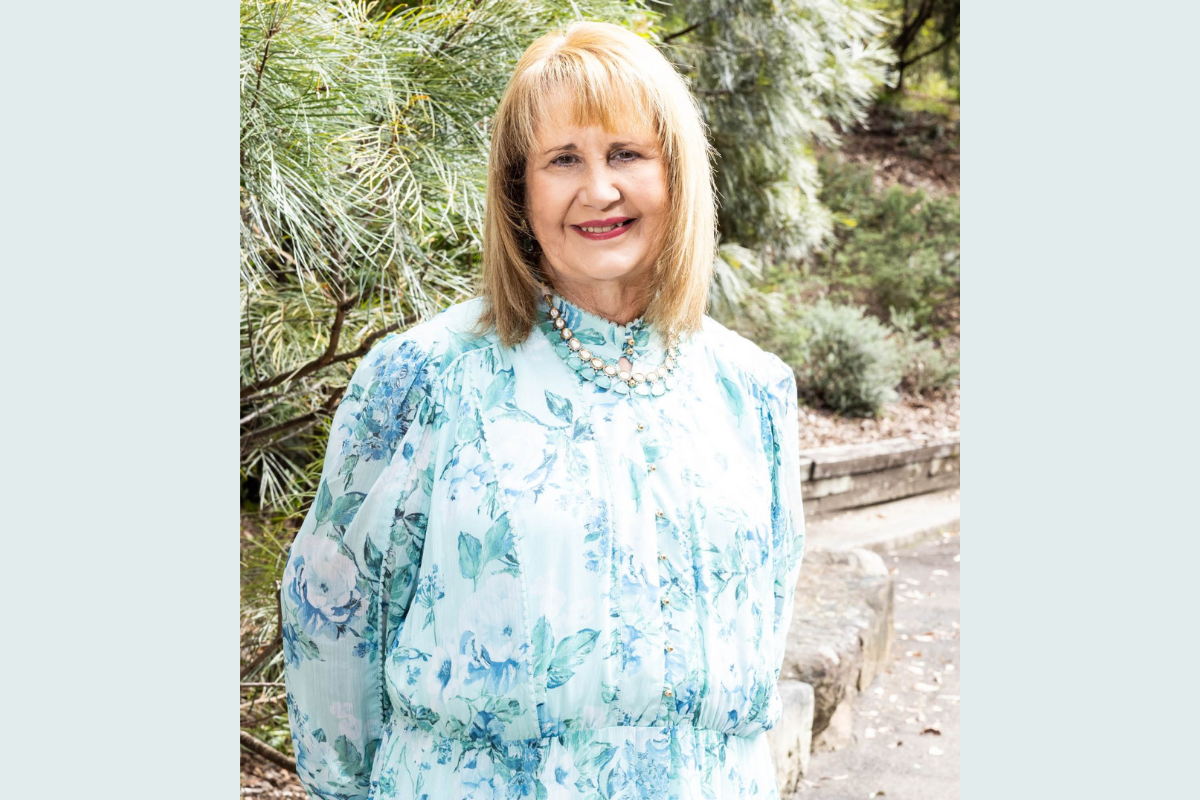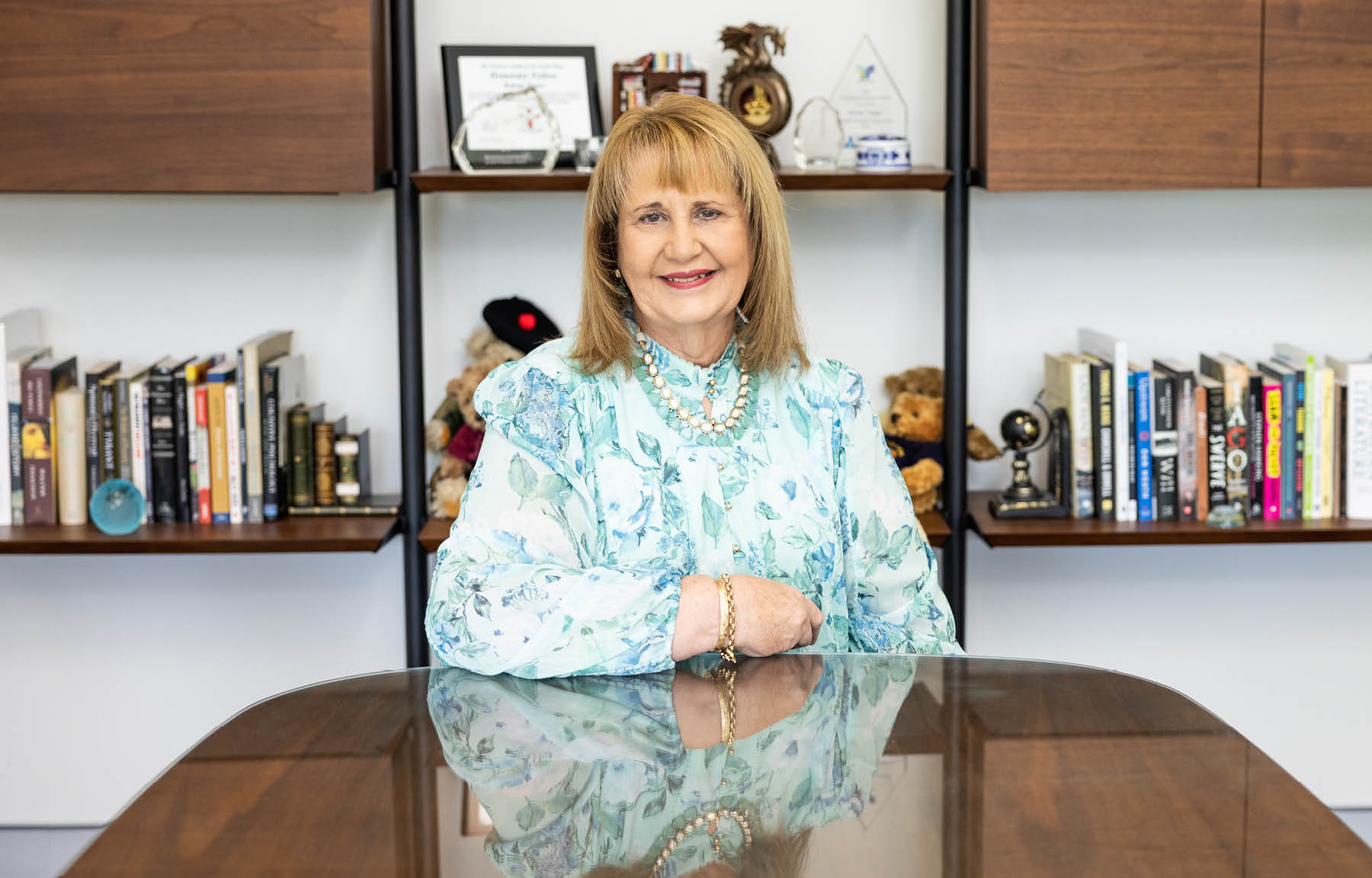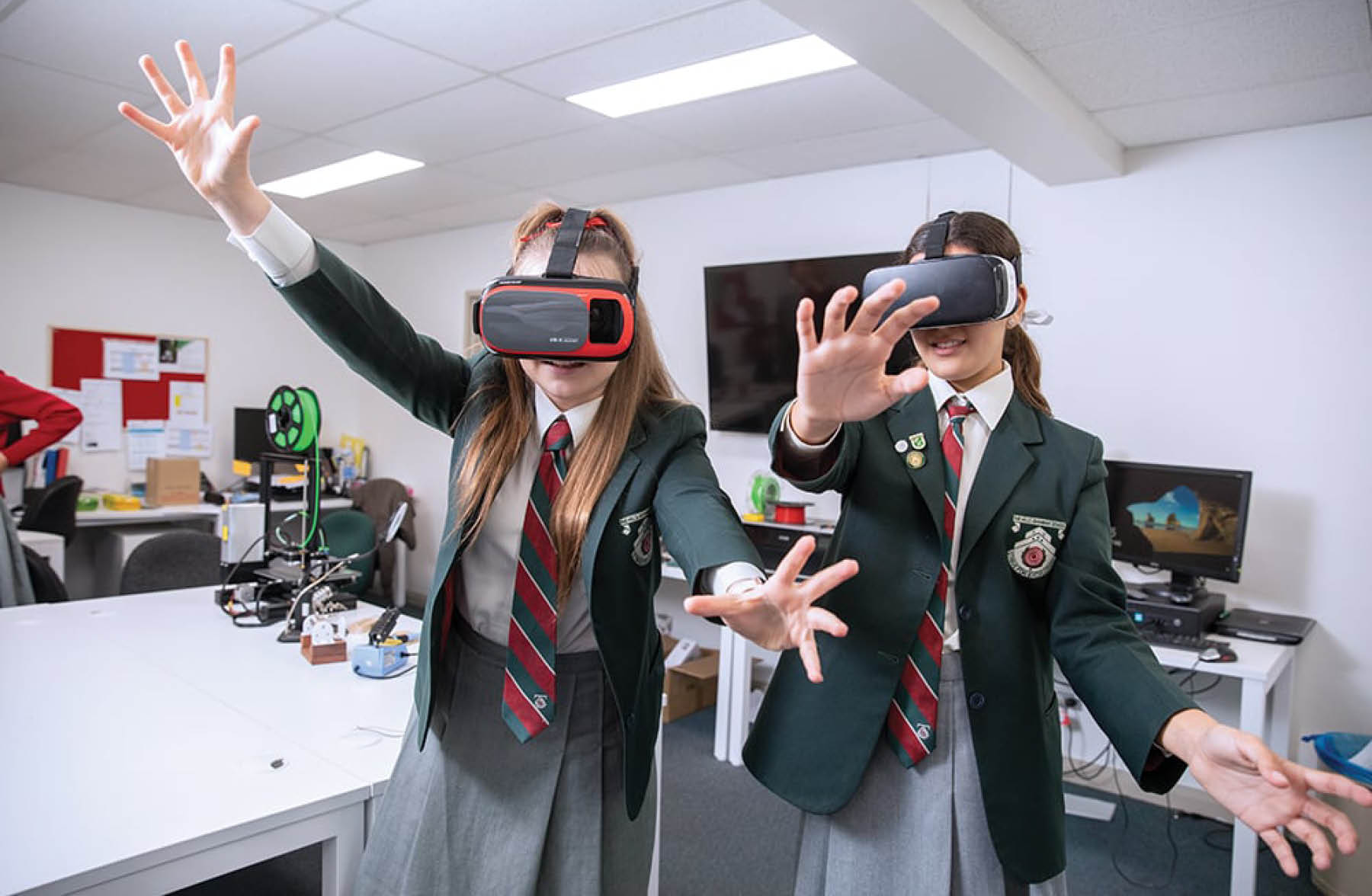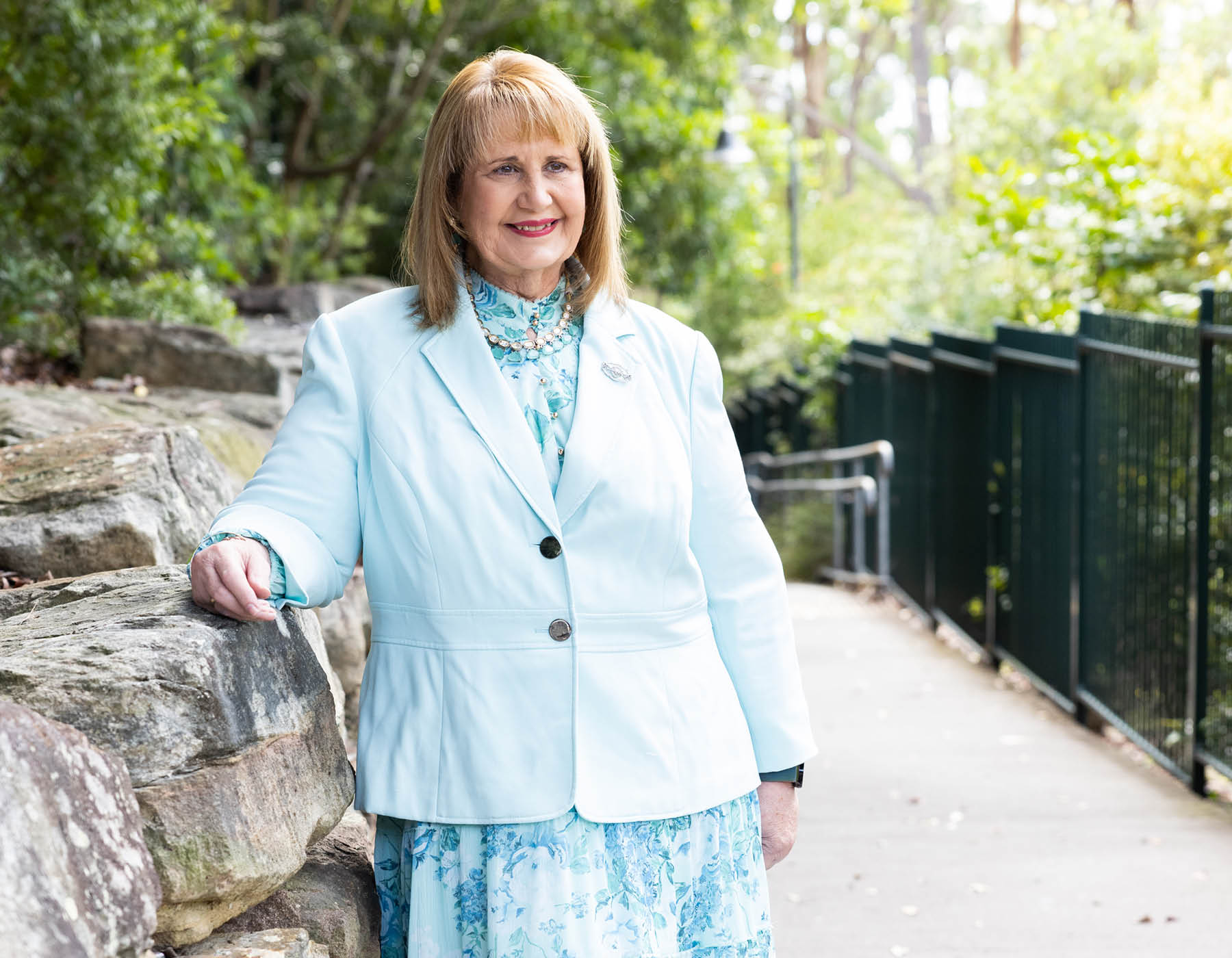As the saying goes, it takes a village to raise a child. While villages might be in short supply nowadays, schools have often stepped in to help fill that role. And for the teachers who teach in and run these institutions, their drive for children’s education, wellbeing and a positive future motivates them throughout their careers.

“I’ve had over 20 years in New South Wales public schools, in some fairly tough schools,” says Karen Yager, Principal of Hills Grammar in Sydney’s Hills District. “And I loved every single one of them.”
What might have been a trial by fire for many young teachers ignited a passion within Yager.
“I knew I had to make a difference to children’s education through the work I did, because if I didn’t, those kids would sometimes not get to pursue their dream journey in life,” she says. “It became really important to me that they did well, were engaged and actually attended school.”
After taking time away from teaching to have her own children, Yager returned to work and eventually took a role with the New South Wales Department of Education in the Northern Sydney region. She took her model of conceptual programming for English around New South Wales for the state office.
“The textual concepts in the new English syllabus originated from my work in 2007,” she says.

It’s all about the kids and the people you work with.
Back to the classroom
Ultimately, her time within the Department ended when she accepted a position at Knox Grammar in Sydney’s north.
“I was there for 12 years, and in my last four I was Deputy Headmaster from Kindergarten to Year 12,” Yager says. “I had a fabulous time there, and I enjoyed it because it’s all about the kids and the people you work with.”
In late 2021, Yager went for the role of Principal at Hills Grammar. During the interview process, she noticed a difference in the students that she found compelling.

Here at Hills, there’s an opportunity to pull down the walls and make this a true community school.
“They were absolutely delightful, very well-rounded but very shy,” she says. “I made it one of my aims that Hills students would be heard, that they would have a voice and greater agency, because I think too much education is done to young people, not with them.”
Having won the role, Yager called for students to join a Student Wellbeing Team, Hills Passport Team and a Strategic Planning Team. The children have contributed to major school decisions, such as the mobile phone policy and microcredentialing.
“I could see so much potential here with these children,” she says. “I actually coined the phrase ‘Renaissance Entrepreneurs’ because the school was founded by entrepreneurs with humanist values who had the courage to take risks,” she says. “And that became really important.”
Renaissance entrepreneurs
Hills Grammar’s student body is a little more than 1,110 pupils, from kindergarten to year 12, as well as an early childhood center.
“Here at Hills, there’s an opportunity to pull down the walls and make this a true community school,” Yager says. “It’s wonderful because we’re all on the one campus, so there’s a lovely connection across the grades. The older children love working with the young ones, and we have really great peer support programs all the way through.”

I want young people, who will face so many problems in a complex, dynamic world, to have the skills and confidence to make a difference.
Despite the school’s relatively young age – it was founded in 1982 – Hills has made a name for itself in New South Wales academic echelons as a mainstay of the upper end of the state’s high school certificate rankings. Despite this, Yager quickly identified a chance to improve.
Working with the staff, students and parents, she introduced microcredentials that acknowledge what students achieve beyond school.
“A child is more than a grade,” she explains.
Yager says that the Hills Passport for the Future for early childhood education through year 12 validates the students’ skills, knowledge and passion.
“Years 9 and 10 are what I call the Wendy/Peter Pan years,” she says. “There’s a bit of a lost period between the early years and the high school certificate period. In the United States, those two years can actually do university units that would count toward their first year in tertiary education.
“We don’t have anything like that in this country,” she continues. I’ve approached the University of Technology Sydney, and while we’re still in the negotiation stage, I hope we’ll have our Year 9 and 10 students doing, if they want to, first year units of university.”
Connecting the community
Other plans afoot include partnering with a remote First Nations school and programs aimed at inter-generational learning.
“We’ve got 90-year-olds from a local aged-care home coming to the school to work with Year 7 students,” Yager says. “The Year 7s will write stories of the elderly residents and put them together as e-books.”
Ultimately, Yager’s goal is to give her students more agency. “The biggest danger for schools – and society – is complacency. ‘Someone else will do it,’ that way of thinking,” she says.
“I want young people, who will face so many problems in a complex, dynamic world, to have the skills and confidence to make a difference.”


